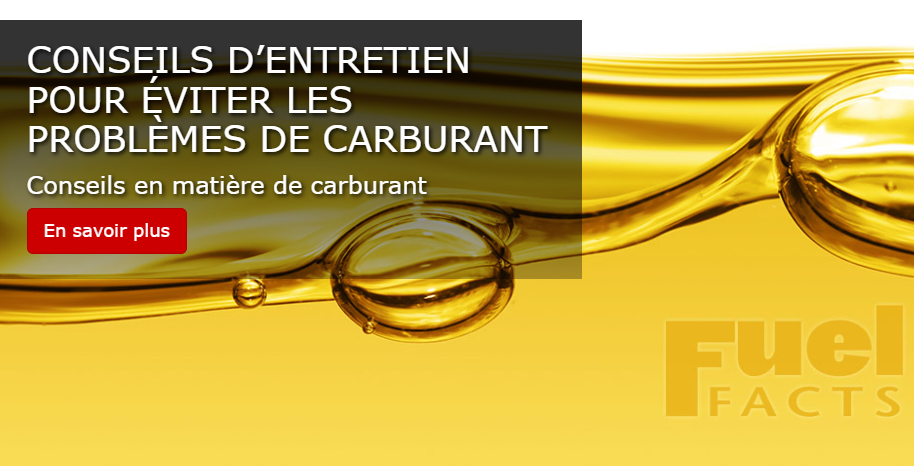Buy only the amount of fuel that will be used in 30 days
Fuel degrades over time. Deterioration begins with the evaporation of the more volatile compounds. Once the evaporation reaches a certain point, it will be difficult/impossible to start the machine. As more of the compounds evaporate, the fuel forms gummy brown deposits in the system. Given enough time, the gummy deposits will turn into a hard polish. Gummy deposits and varnish can clog passages in the carburetor preventing the engine from running or causing the engine to run poorly (surging, lack of power, stalling, etc.). Deposits can also cause fuel to leak into the carburetor if they prevent the float needle valve from sealing.
Buy unleaded gasoline with an octane rating of 87 and above
Unleaded gasoline with an octane rating of at least 87 (rating method (R+M)/2) is the recommended fuel grade for all Toro product gasoline engines. Gasoline containing up to 10% ethanol (gasohol) or 15% MTBE (methyl tert-butyl ether) by volume is acceptable. Ethanol and MTBE are not the same. Petrol containing 15% ethanol (E15) by volume is not permitted. Never use gasoline containing more than 10% ethanol by volume, such as E15 (contains 15% ethanol), E20 (contains 20% ethanol) or E85 (contains up to 85% ethanol). Use of unapproved gasoline may cause performance problems and/or engine damage that may not be covered under warranty. Keep in mind that ethanol fuel blends absorb water from the atmosphere and can cause fuel system components to corrode. Since most carburetors and the gas tank are vented to the atmosphere in some way, there is nothing to prevent the fuel from absorbing moisture over time. Using fresh fuel (less than 30 days old) will help prevent water absorption from becoming a problem.
Consider using gasoline without ethanol (E0)
Gasoline without ethanol will greatly reduce the amount of moisture that gasoline can absorb from the atmosphere. Many parts of the country have ethanol-free gas, and it's easy to find. Search the Internet for “gasoline without ethanol”.

